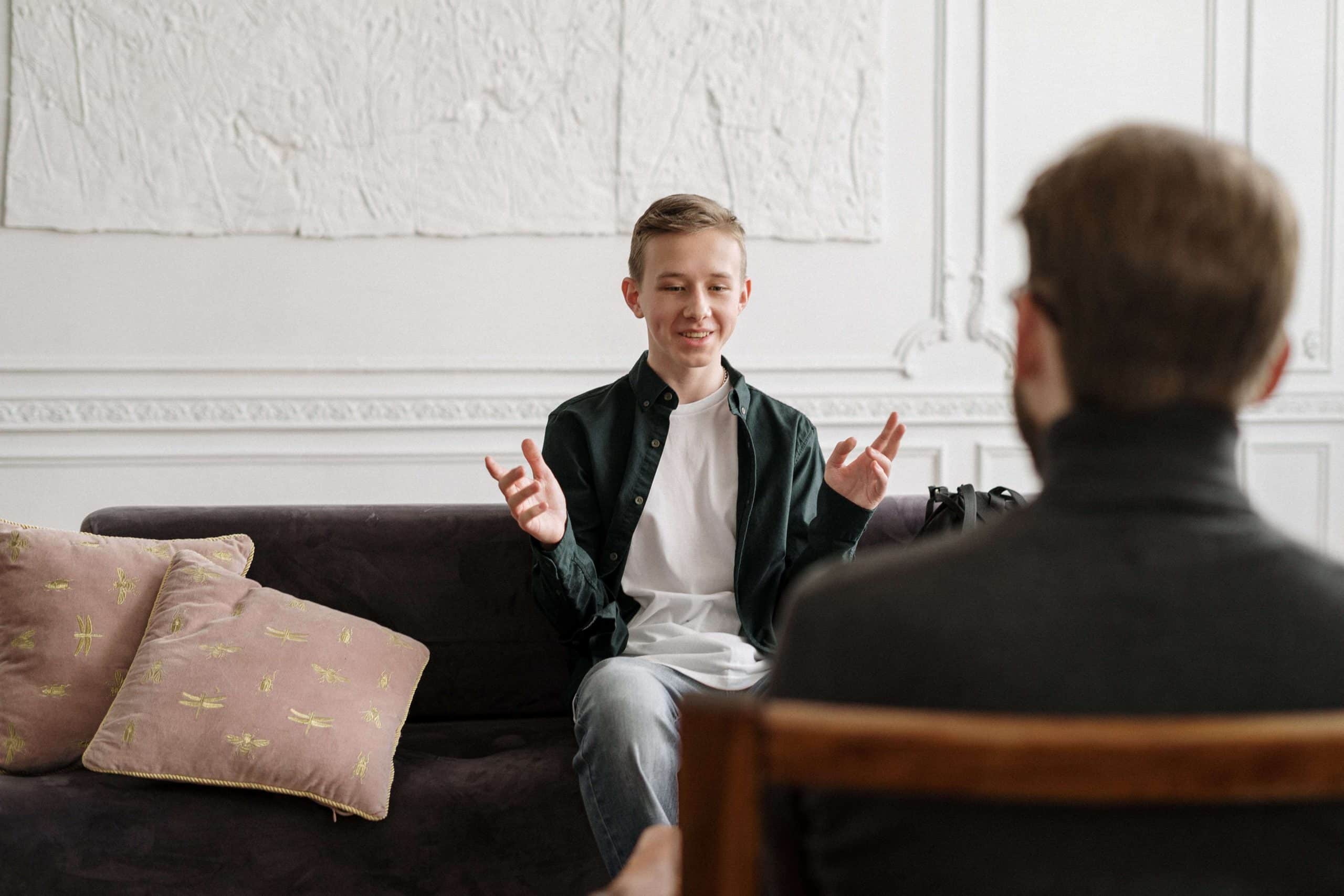Here are some specific responsibilities:
- Assessing and diagnosing mental health issues: meet with children and their families to assess symptoms and diagnose mental health conditions. This can involve gathering information about the child’s medical history, behavior, and emotional well-being.
- Developing treatment plans: Based on their assessment, child psychologists develop treatment plans tailored to each child’s individual needs. Treatment plans may involve therapy, medication, or other interventions.
- Providing therapy: provide therapy to children and their families to address a wide range of issues, such as anxiety, depression, behavioral problems, and family conflicts.
- Collaborating with other professionals: work closely with other professionals, such as pediatricians, school counselors, social workers, and other mental health professionals to coordinate care and provide comprehensive treatment.
- Conducting research: engage in research to better understand child development and mental health issues, as well as to evaluate the effectiveness of different treatment approaches.
- Advocating for children: advocate for children’s mental health needs by working with schools, government agencies, and other organizations to promote policies and programs that support children’s well-being.
- Providing education and support: provide education and support to parents and caregivers to help them understand and address their child’s mental health needs.
Here is what a typical day might look like:
8:00 am – 9:00 am: Review and prepare for the day’s appointments, including reviewing notes from previous sessions and updating treatment plans.
9:00 am – 10:00 am: Meet with a new client and their parent/guardian for an initial assessment. Gather information about the child’s medical history, behavior, and emotional well-being.
10:00 am – 11:00 am: Meet with a child for a therapy session, using play therapy techniques to help the child express emotions and develop coping strategies for anxiety.
11:00 am – 12:00 pm: Write notes and update the treatment plan based on the morning sessions.
12:00 pm – 1:00 pm: Take a lunch break.
1:00 pm – 2:00 pm: Meet with a school counselor to discuss a student’s behavior and mental health needs, and collaborate on strategies to support the student’s success.
2:00 pm – 3:00 pm: Meet with a family for a therapy session, using a combination of cognitive-behavioral therapy and family therapy to address issues related to conflict and communication.
3:00 pm – 4:00 pm: Complete paperwork and documentation for the day’s appointments.
4:00 pm – 5:00 pm: Attend a staff meeting with other mental health professionals to discuss cases and share resources and strategies.
5:00 pm – 6:00 pm: Respond to emails and phone calls from clients and their families, providing support and guidance as needed.



